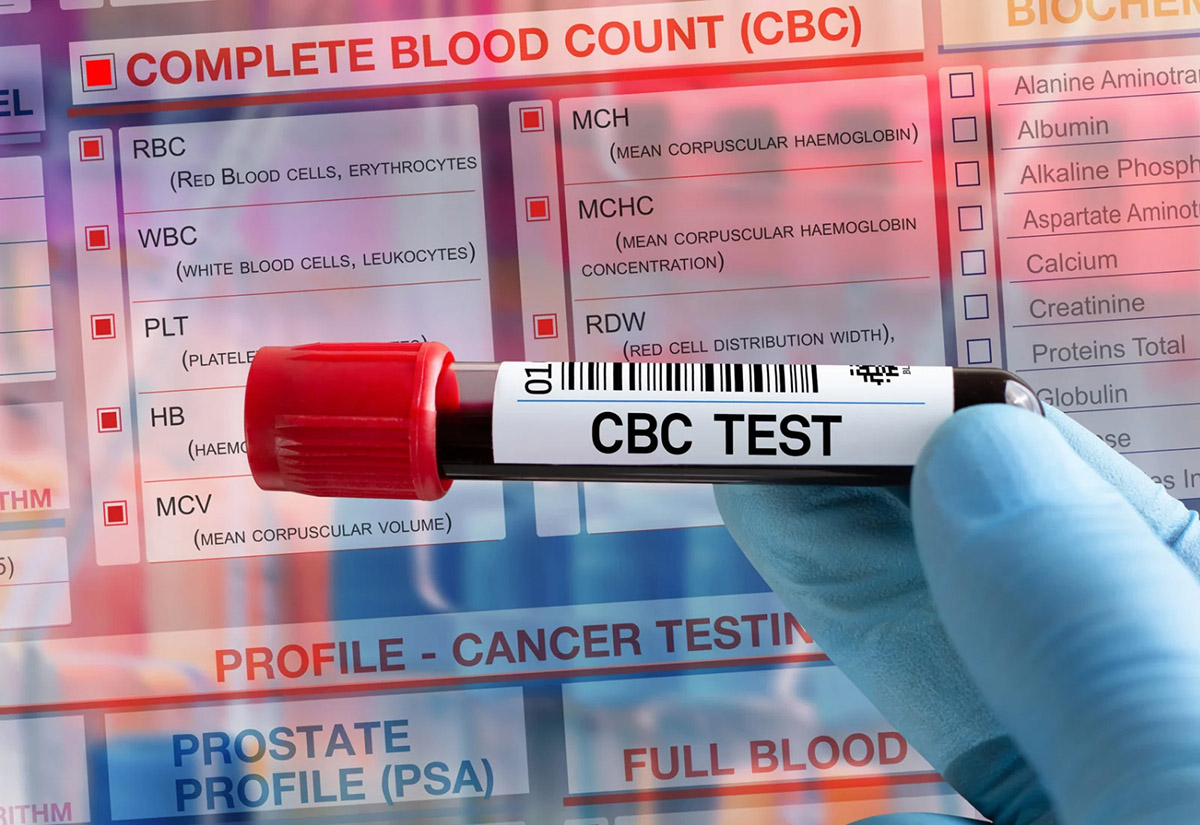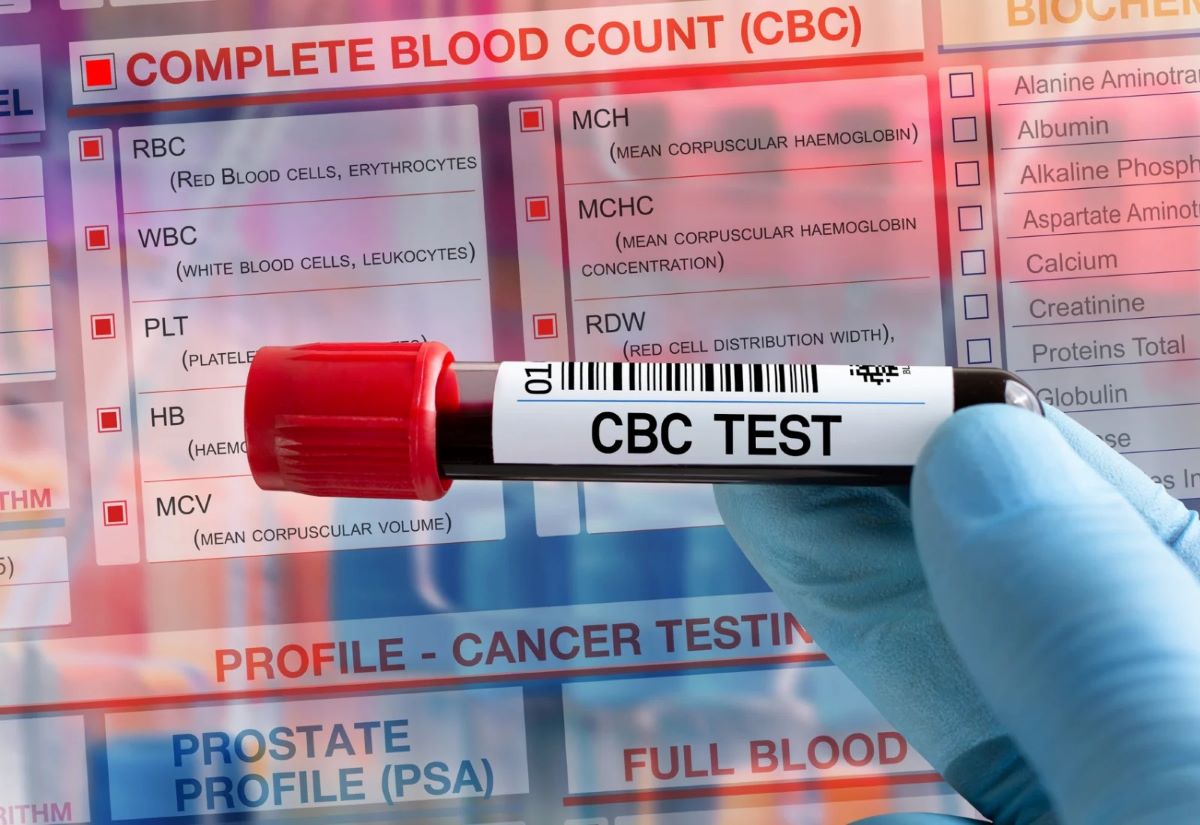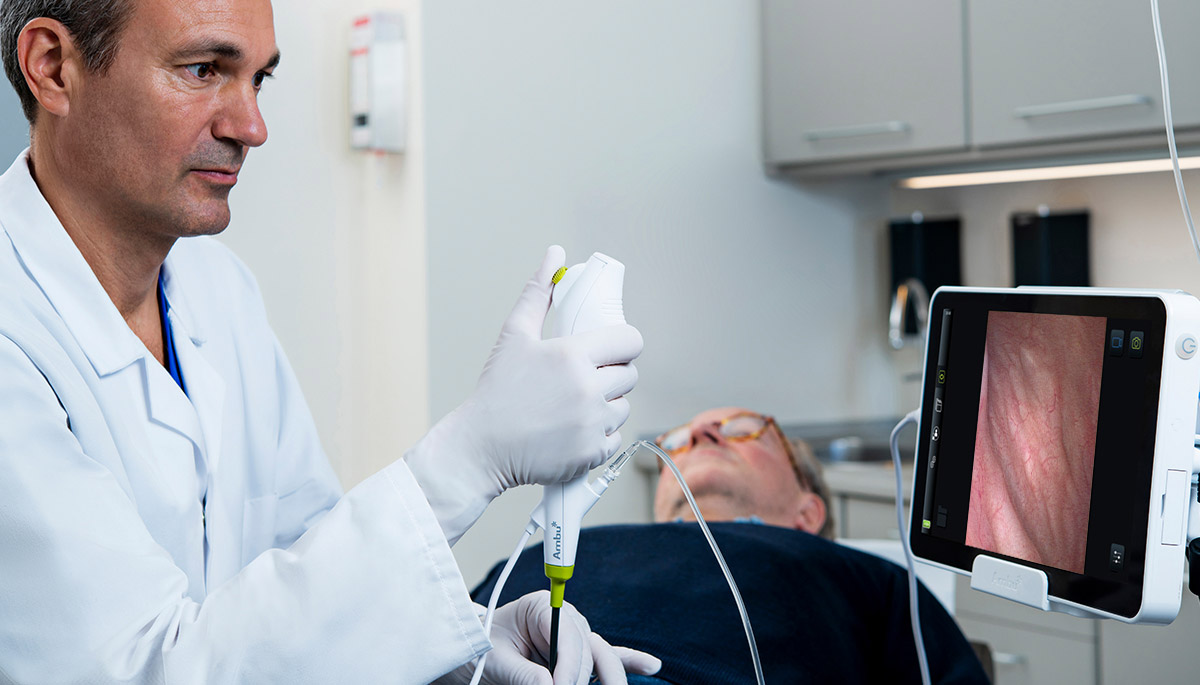Home>Finance>How Much Does It Cost To Get Blood Work Done Without Insurance?


Finance
How Much Does It Cost To Get Blood Work Done Without Insurance?
Published: November 18, 2023
Discover the cost of blood work without insurance and explore practical strategies for managing your finances when it comes to medical expenses.
(Many of the links in this article redirect to a specific reviewed product. Your purchase of these products through affiliate links helps to generate commission for LiveWell, at no extra cost. Learn more)
Table of Contents
Introduction
Getting blood work done is an essential part of maintaining good health. Whether it’s for a routine check-up, diagnosing a medical condition, or monitoring treatment progress, blood tests provide valuable insights into our overall well-being.
However, for individuals without health insurance, the cost of getting blood work done can be a cause for concern. Without coverage, the price tag associated with these essential medical tests can be a significant burden on one’s finances.
In this article, we will explore the cost of getting blood work done without insurance and discuss various factors that influence the pricing. Additionally, we’ll provide insights into the average costs of common blood tests, examine any additional expenses involved, and present potential options for reducing the overall cost.
Understanding the financial implications of getting blood work done without insurance is crucial for anyone seeking healthcare services. By being informed about the costs and possible strategies for managing them, individuals can make informed decisions about their health and finances.
So, if you find yourself in a situation where you need blood work done but don’t have insurance coverage, read on to discover the potential costs and how you can navigate this challenge.
Understanding the Importance of Blood Work
Blood work, also known as a blood test or blood panel, involves analyzing a sample of blood to evaluate various aspects of a person’s health. It provides vital information that helps healthcare professionals diagnose medical conditions, assess organ function, monitor treatment effectiveness, and detect early signs of diseases.
Through blood work, doctors can evaluate key components of your blood, such as red and white blood cells, platelets, hemoglobin levels, cholesterol levels, glucose levels, and liver and kidney function. These tests can uncover various health markers and provide valuable insights into your overall health and wellbeing.
Blood tests are performed for a variety of reasons. They can determine an individual’s risk for certain diseases, help diagnose existing medical conditions, guide treatment plans, and monitor the effectiveness of medications and therapies. Some common reasons for blood work include:
- Annual check-ups: Blood work is often part of routine examinations to assess overall health and identify potential risks or abnormalities.
- Diagnostic purposes: When a person experiences specific symptoms, blood work can help identify the cause and guide further diagnostic procedures.
- Chronic disease management: For individuals with chronic conditions such as diabetes or hypertension, regular blood work is essential for monitoring the progression of the disease and determining appropriate treatment adjustments.
- Preventive screenings: Blood tests can be used to screen for certain conditions, such as cholesterol levels for cardiovascular health or prostate-specific antigen (PSA) levels for prostate cancer.
- Pre-operative assessment: Blood work is often required before surgeries to evaluate the patient’s overall health and identify any potential risks or complications.
By providing valuable insights into a person’s health, blood work enables healthcare professionals to make informed decisions regarding treatment plans and preventive measures. It plays a crucial role in preventing, diagnosing, and managing a wide range of medical conditions, ultimately contributing to better patient outcomes.
Factors Influencing the Cost of Blood Work without Insurance
When it comes to the cost of getting blood work done without insurance, several factors can influence the overall price. Understanding these factors can help individuals anticipate and navigate the expenses associated with these essential medical tests.
Here are some key factors that can impact the cost of blood work:
- Type of blood test: There are various types of blood tests, ranging from basic screening panels to more specialized tests. The complexity and specific components of the test can affect the price.
- Provider charges: Different healthcare providers may have varying fee structures for blood work. Factors such as their location, reputation, and overhead costs can contribute to varying price ranges.
- Geographical location: The cost of healthcare services can vary significantly depending on the region or city. Areas with higher living expenses and healthcare costs may generally have higher prices.
- Laboratory fees: If your blood samples need to be sent to an external lab for analysis, additional laboratory fees may be incurred. These fees can vary depending on the specific lab and the tests being conducted.
- Additional services: In some cases, additional services or tests may be required alongside the blood work. For example, if you need a consultation with a specialist or additional imaging studies, these can contribute to the overall cost.
- Uninsured discounts: While not always guaranteed, some healthcare providers may offer uninsured discounts or flexible payment options for individuals without insurance coverage. It’s essential to inquire about any potential cost-saving options when scheduling blood work.
It’s important to note that the cost of blood work can vary significantly depending on these factors. Therefore, it’s advisable to research and compare prices from different providers to ensure you’re getting the best value for your money.
By being aware of the factors that influence the cost of blood work, individuals can better understand the potential expenses involved and make informed decisions when seeking these medical tests without insurance coverage.
Average Cost of Common Blood Tests without Insurance
The cost of common blood tests without insurance can vary depending on the specific tests and healthcare providers. However, we can provide a general overview of the average costs you might expect to pay for some common blood tests.
Here are the estimated average costs of a few commonly performed blood tests without insurance:
- Complete Blood Count (CBC): A CBC measures various components of your blood, such as red blood cells, white blood cells, and platelets. The average cost for a CBC can range from $50 to $100.
- Basic Metabolic Panel (BMP): A BMP measures the levels of electrolytes, glucose, and kidney function markers in your blood. The average cost for a BMP can range from $50 to $100.
- Lipid Profile: A lipid profile measures cholesterol and triglyceride levels, providing valuable information about cardiovascular health. The average cost for a lipid profile can range from $50 to $100.
- Thyroid Function Panel: This panel measures thyroid hormone levels to assess thyroid function. The average cost for a thyroid function panel can range from $100 to $200.
- Hemoglobin A1c (HbA1c): An HbA1c test measures average blood sugar levels over a period of time and is commonly used for diabetes management. The average cost for an HbA1c test can range from $40 to $80.
It’s important to note that these are ballpark estimates and the actual costs can vary. The prices can be influenced by factors such as geographical location, healthcare provider, additional lab fees, and uninsured discounts.
When seeking blood work without insurance, it’s crucial to inquire about the cost upfront and if there are any additional fees involved. Some healthcare providers may be willing to negotiate or offer discounted rates for uninsured individuals, so it’s recommended to have open conversations about cost-saving options.
By having a general idea of the average costs of common blood tests, individuals can better plan and budget for these necessary medical procedures without insurance coverage.
Additional Expenses to Consider
When calculating the cost of blood work without insurance, it’s essential to consider potential additional expenses that may be incurred. These additional costs can contribute to the overall financial burden, so it’s important to be prepared for them.
Here are some common additional expenses to consider:
- Consultation fees: Depending on the healthcare provider, you may be charged separate consultation fees for discussing your test results with a doctor or specialist. These fees can vary and should be taken into account when budgeting for the overall cost.
- Follow-up tests: In some cases, abnormal blood test results may require further diagnostic tests or additional blood work to confirm a diagnosis or monitor a specific condition. These follow-up tests can add to the overall expense.
- Prescription medications: If your blood work leads to a diagnosis, you may need to take prescription medications as part of your treatment plan. The cost of these medications can vary, so it’s important to consider them when budgeting for the overall cost of blood work.
- Transportation costs: Depending on the location of the healthcare provider or laboratory, you may incur transportation costs to travel to and from the facilities. If you require multiple visits or have to travel long distances, these costs can add up.
- Time off work: Getting blood work done may require taking time off work to visit the healthcare provider or laboratory. This potential loss of income should also be taken into account when calculating the overall expenses.
Considering these additional expenses allows individuals to have a more realistic understanding of the overall financial commitments associated with blood work without insurance. It’s important to factor in these costs and budget accordingly to avoid any unexpected financial strain.
If you’re concerned about the potential expenses, it’s always a good idea to discuss the costs and any available cost-saving options with your healthcare provider. They may be able to provide guidance or offer flexible payment arrangements to help mitigate the financial burden.
By being aware of the potential additional expenses and planning accordingly, individuals can better navigate the financial aspects of getting blood work done without insurance coverage.
Options for Reducing the Cost of Blood Work without Insurance
If you’re facing the cost of blood work without insurance coverage, there are several options available to help reduce the financial burden. By exploring these options, you can potentially access affordable healthcare services without compromising your health or budget.
Here are some strategies for reducing the cost of blood work without insurance:
- Shop around for affordable providers: Different healthcare providers may have varying fee structures, so it’s worthwhile to research and compare prices from multiple providers. Look for clinics, laboratories, or community health centers that offer discounted rates for self-pay patients.
- Inquire about cash-pay discounts: Some providers may offer additional discounts for individuals paying out of pocket. It’s recommended to ask about any available cash-pay discounts or flexible payment options to make the costs more manageable.
- Utilize community health resources: Community health clinics and free health fairs often provide affordable or no-cost blood work for individuals without insurance. Check local resources and community organizations to see if such services are available in your area.
- Consider direct-to-consumer lab testing: There are online services that allow you to order blood tests directly without involving a healthcare provider. These services often offer a wide range of tests at lower prices, allowing you to save on the overall cost of blood work.
- Discuss payment plans: If the cost of blood work is still beyond your means, inquire with the healthcare provider about possible payment plans. Many providers are willing to work with patients to create a manageable payment schedule to ease the financial burden.
- Look for assistance programs: Some pharmaceutical companies, non-profit organizations, and government agencies offer assistance programs to help individuals who cannot afford healthcare services. These programs may provide financial aid or discounts specifically for blood work.
Remember, it’s important to communicate openly with healthcare providers about your financial situation and explore all available options. They may be able to guide you towards resources and programs designed to help individuals access necessary medical services at reduced costs.
Prioritizing your health is crucial, even without insurance coverage. By actively seeking cost-saving options and exploring alternative solutions, you can ensure that you receive the blood work you need without incurring exorbitant expenses.
Conclusion
Getting blood work done without insurance coverage may seem daunting due to the potential costs involved. However, being informed about the expenses and exploring various options can help make the process more manageable.
Throughout this article, we’ve discussed the importance of blood work in maintaining good health and understanding potential health concerns. We’ve also highlighted the factors influencing the cost of blood work without insurance, the average costs of common blood tests, additional expenses to consider, and options for reducing the overall cost.
While the specific costs of blood work can vary depending on factors such as the type of test, provider charges, and geographical location, it’s crucial to research and compare prices from different healthcare providers. Inquiring about cash-pay discounts, utilizing community health resources, and exploring direct-to-consumer lab testing are strategies that can help lower the overall cost.
Moreover, open communication with healthcare providers about your financial situation can provide opportunities for negotiation or guidance towards assistance programs and payment plans. Prioritizing your health and exploring cost-saving options will ensure that you can access necessary blood work while managing your finances effectively.
Remember, the cost of blood work should not deter you from seeking essential medical care. Your health is invaluable, and there are resources and options available to help reduce the financial burden. By taking proactive steps and being informed, you can make informed decisions about your health while minimizing the impact on your wallet.














